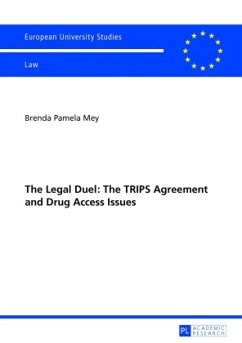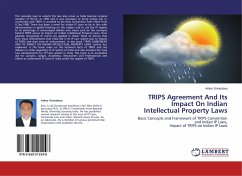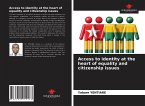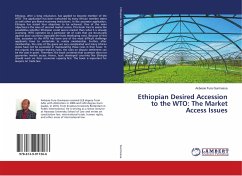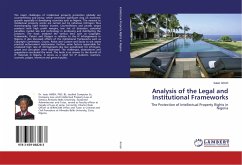This thesis discusses the flexibilities built into the Agreement on Trade Related Aspects of Intellectual Property Rights that are relevant for ensuring access to and availability of new medicines for the treatment of life-threatening diseases. Using Kenyan and Indian patent laws as case studies, the thesis examines the experience these countries have had in making use of the flexibilities. The thesis concludes that besides the TRIPS flexibilities, the resolution of the problem of access to medicines requires a concrete and a potent mix of country specific non-IP strategies. To test the hypotheses advanced in it, the thesis applies descriptive, qualitative and quantitative methodologies as well as interpretive analysis of court cases.
Bitte wählen Sie Ihr Anliegen aus.
Rechnungen
Retourenschein anfordern
Bestellstatus
Storno

